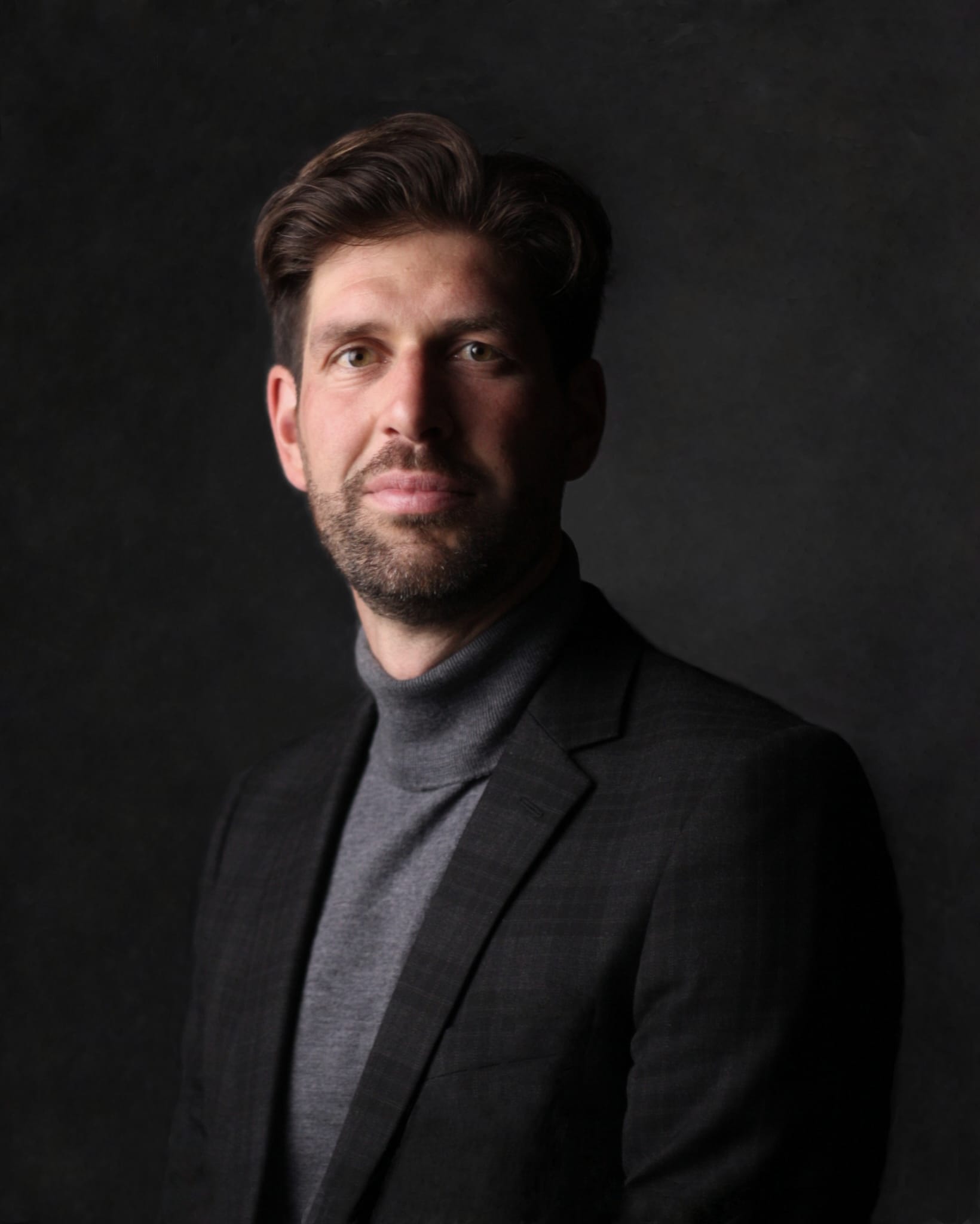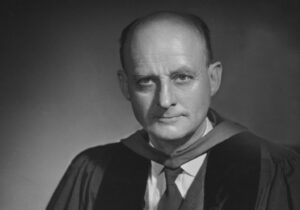Simon Polinder
Dr. Simon Polinder is postdoctoral researcher Reimagening Religion, Security and Social Transformation at Utrecht University. His research is on the role of religious leaders in addressing violent extremism in Nigeria and Kenya. He was associate professor Christian Profession at the Christian University of Applied Sciences Ede (CHE) for the past 8 years.
He studied History (BA) and International Relations in Historical Perspective (MA) at the University of Utrecht (MA), and Christian Studies and Sciences (MA) at the Vrije Universiteit Amsterdam. He started as a PhD student at the Faculty of Theology and Religious Studies at the University of Groningen and completed his PhD at the Vrije Universiteit Amsterdam.
He was a lecturer at the department of International Organization and International Relations at the University of Groningen for four years. He also worked as a researcher at Prisma, an association of Christian organizations for development cooperation, and was a visiting researcher at the Berkley Center for Religion, Peace and World Affairs at Georgetown University.
He is the co-editor of the volume Christian Faith, Philosophy and International Relations: the Lamb and the Wolf (Leiden, Boston: Brill, 2019). He also edited the book Christian Care: Profession, Practice and Organization (Groen: Heerenveen, 2019). He wrote a dissertation entitled Towards a New Christian Political Realism? The Amsterdam School of Philosophy and the Role of Religion in International Relations. He published on Reinhold Niebuhr, Christian faith and (international) politics, religion and conflict, development cooperation, Christian identity in organizations and professions.



